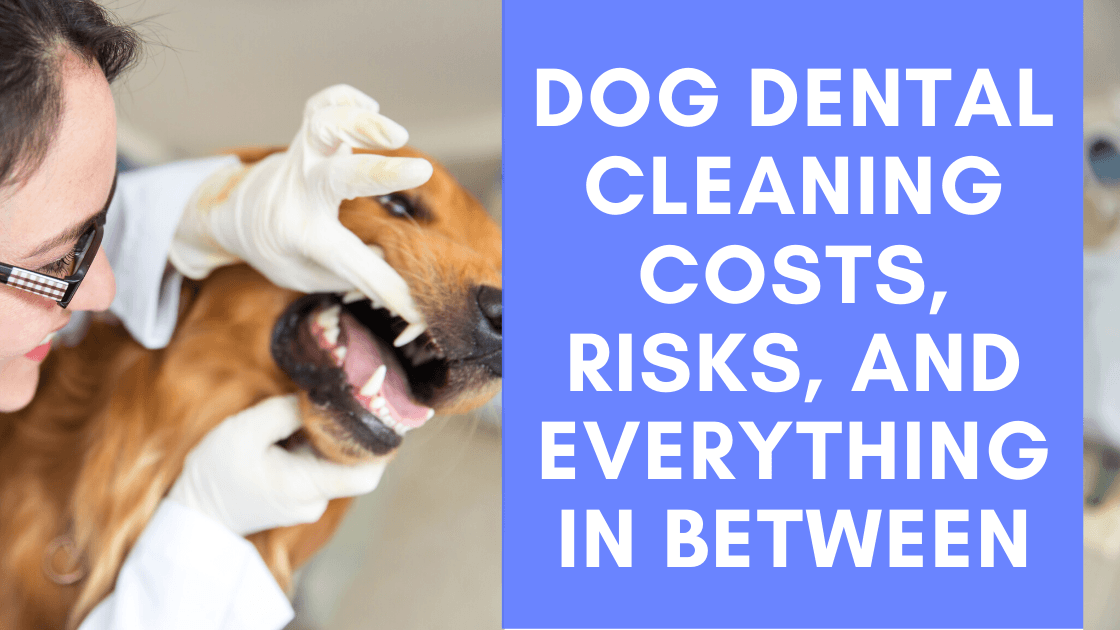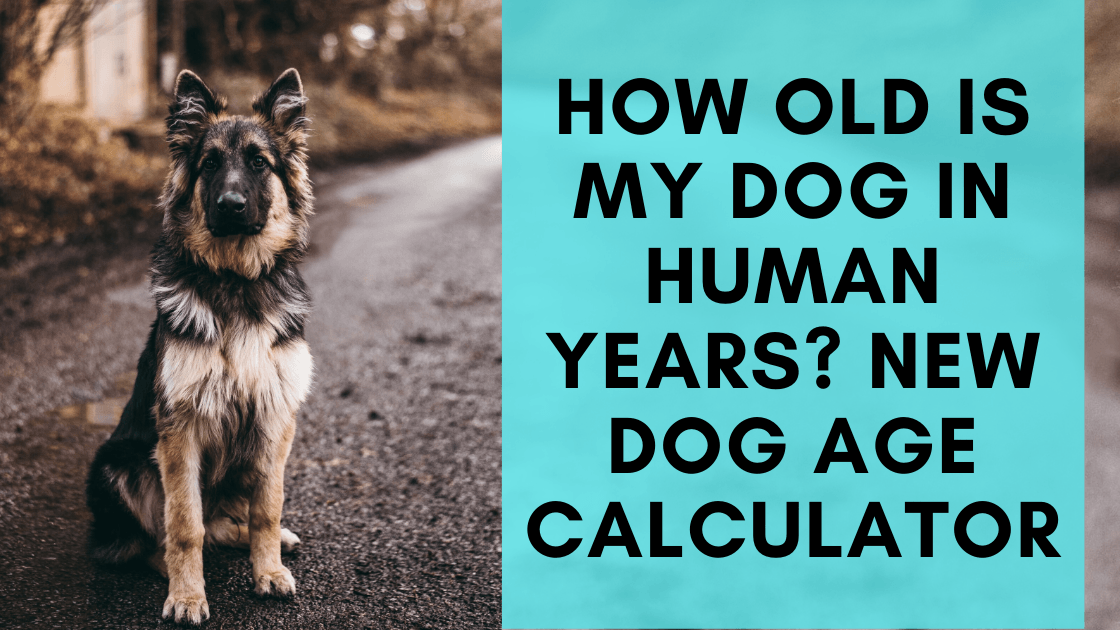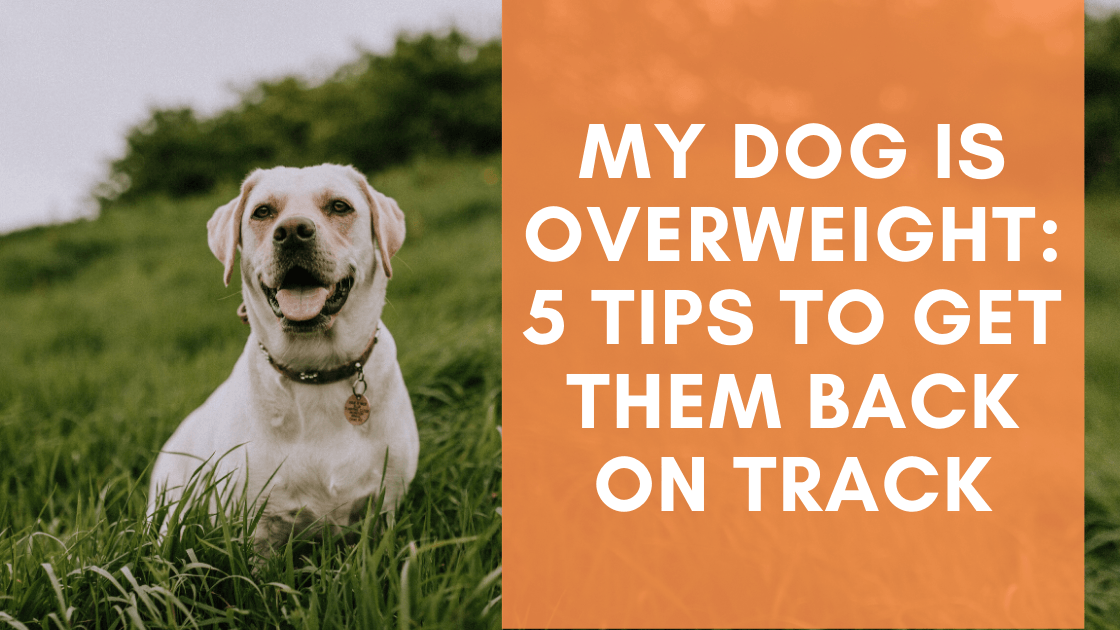Most dog owners diligently take their canines in for their annual vet appointments, buy the best dog food possible, and make efforts to keep Fido at a healthy weight. But there’s one area of dog-related healthcare where many of us slip—dog dental cleanings.
You see dogs get significant plaque and tartar build-up, just like humans. Without proper care, dogs can show signs of periodontal disease by just three years old which can lead to a whole host of painful mouth-related problems for your furry friend.
Fortunately, there does seem to be a rise in dental care awareness for dogs, but if you fall into the group that hasn’t prioritized your dog’s periodontal needs, don’t worry—it’s not too late to get on track! There’s a lot you can do at home to keep their teeth clean in addition to an annual professional cleaning. Here you’ll find a complete guide to dog dental cleanings including costs, risks, how to’s, and more.
Why do dogs need dental cleanings?
When your dog eats dry dog food, chews on bones or sticks, and indulges in special dental treats, all of these activities help keep your dog’s teeth clean. Basically, by chewing on crunch or hard things, the plaque build-up is scraped off or prevented from forming altogether. The problem, relying only on chewing often isn’t enough to prevent gum disease.
When you look into your dog’s mouth, you may see yellow-brown build-up at their gum-line on their teeth. This is plaque. Plaque build-up leads to bad breath and gum disease. It’s full of bacteria that can lead to gum infections, abscess, and bone loss in the jaw. All of these result in terrible mouth pain for your dog, which can be tricky to identify. What’s more, in extreme cases, the bacteria in your dog’s plaque can get into their bloodstream and cause issues with other organ systems as well.
By taking measures to prevent extreme plaque build-up with healthy canine dental hygiene at home and professional cleanings, you significantly lower your dog’s risk of mouth and tooth complications. Certain breeds are known for having more teeth-related issues than others. Most are small breed dogs like pugs and Chihuahuas. But Shetland Sheepdogs, Collies, Greyhounds, and Boxers are a few of the large breed dogs that are more susceptible to dental disease than other breeds.
How often should dogs get professional teeth cleanings?
While it’s important to take care of your dog’s teeth at home, professional dental cleanings are one of the best lines of preventative care. They become even more important as your dog ages, if your dog’s breed is known to be more at risk for dental disease, or when dental emergencies occur.
Experts recommend getting your dog’s teeth professionally cleaned once per year. For dogs that are older or breeds more prone to gum disease and teeth issues, two to three times per year is preferable. The frequency of professional cleaning needs also varies based on how well you are caring for your buddy’s teeth at home.
You see, professional cleanings fight the plaque and tartar build-up at and under the gum line. They’re far more effective at removing the thick layers of plaque, and quite simply, they’re better at it!
Signs that your dog is ready for professional cleaning are:
- Bleeding at the gums
- Bad breath
- Visible plaque and build-up on the teeth
- Sudden destructive chewing in older dogs
- Signs of tooth pain
- Lack of interest in hard food
What is the cost of professional dog dental cleaning?
The cost of professional teeth cleaning for your dog varies depending on where you live. The type of cleaning and additional procedures or preventative care measures can also affect the price. According to Home Guide, the range is anywhere from $175-$660 for a cleaning.
The lower end is for cleanings done without anesthesia. For a cleaning that uses anesthesia (which many dogs require), you will be looking at the $500-$1000 range. Prices continue to go up if you opt to have dental x-rays performed to check for bone loss and decay beneath the gum line. Blood work, tooth extractions, and medication can also alter the price.
One way to feel better about this price tag? Professional dental cleanings are important preventative care. Without them, you may be looking at far more expensive emergency dental work that includes extractions and dental specialists where visits range from $2000-$3000 (source).
Does pet insurance cover the cost of dog dental cleaning and other tooth needs?
Usually not. Most pet insurance plans will not cover the cost of preventative dental care or any dental care for that matter. However, many pet insurance plans allow to you add dental care, or pet dental insurance, on to your plan. This might be a smart move if your dog’s breed is prone to teeth issues.
Are there dog teeth cleaning risks?
Generally, the perceived risk associated with professional dental cleanings for dogs is the use of anesthesia. Because it’s difficult to clean your dog’s teeth without putting them under, it’s widely used during veterinary cleanings. In fact, while many vets offer more budget-friendly, non-anesthesia teeth cleaning for dogs, it’s nowhere near as effective as when they are under.
Yes, the use of anesthesia does pose risks, but the likelihood of them occurring is extremely rare. As long as your vet thoroughly considers the safety of anesthesia use on your dog, it should be safe. The American Veterinary Dental College says that the benefits of cleaning under anesthesia far outweigh the risks (source).
How to clean your dog’s teeth at home?
In addition to professional teeth cleanings, there are a number of things you can do at home to help keep their teeth sparkling and prevent tartar build-up between cleanings.
- Brush their teeth regularly: Brushing your dog’s teeth as often as possible is the best way to keep their teeth healthy. You’ll want to invest in a toothbrush and toothpaste specially designed for dogs. There are toothbrushes that go on your finger like a glove that makes the job a bit easier to accomplish. You don’t need to brush their teeth daily, but a few times per month is ideal. Just like with nail clipping and other grooming activities, if you do them regularly enough and keep things calm, your dog will get used to the activity in no time
- Give them natural rubber dog toys: Chewing is how your dog naturally fights plaque and keeps their teeth clean. It’s especially effective at cleaning the back molars, which can be the most difficult to get when brushing. One of the many benefits of natural rubber dog toys other chew toys is just how effective they are at wiping away plaque during a good chew session
- Get some Dog Dental Treats: these treats are specially designed to clean your dog’s teeth and freshen their breath with natural ingredients. You can find them in all different sizes and shapes to appeal to your dog
- Try Dog Tooth Wipes: These are another way to clean your dog’s teeth. Simply wipe away plaque and build-up by rubbing them on your dog’s teeth. Many owners find this method easier than brushing
Don’t forget about your canine’s oral health!
The main takeaway from this article is that your dog’s oral health is important. Neglecting to keep their mouths clean (at least in some capacity) can result in costly and painful complications for your pup. Try the methods of cleaning at home outlined above and schedule a routine cleaning at least once per year to keep gum disease away from your pack.



